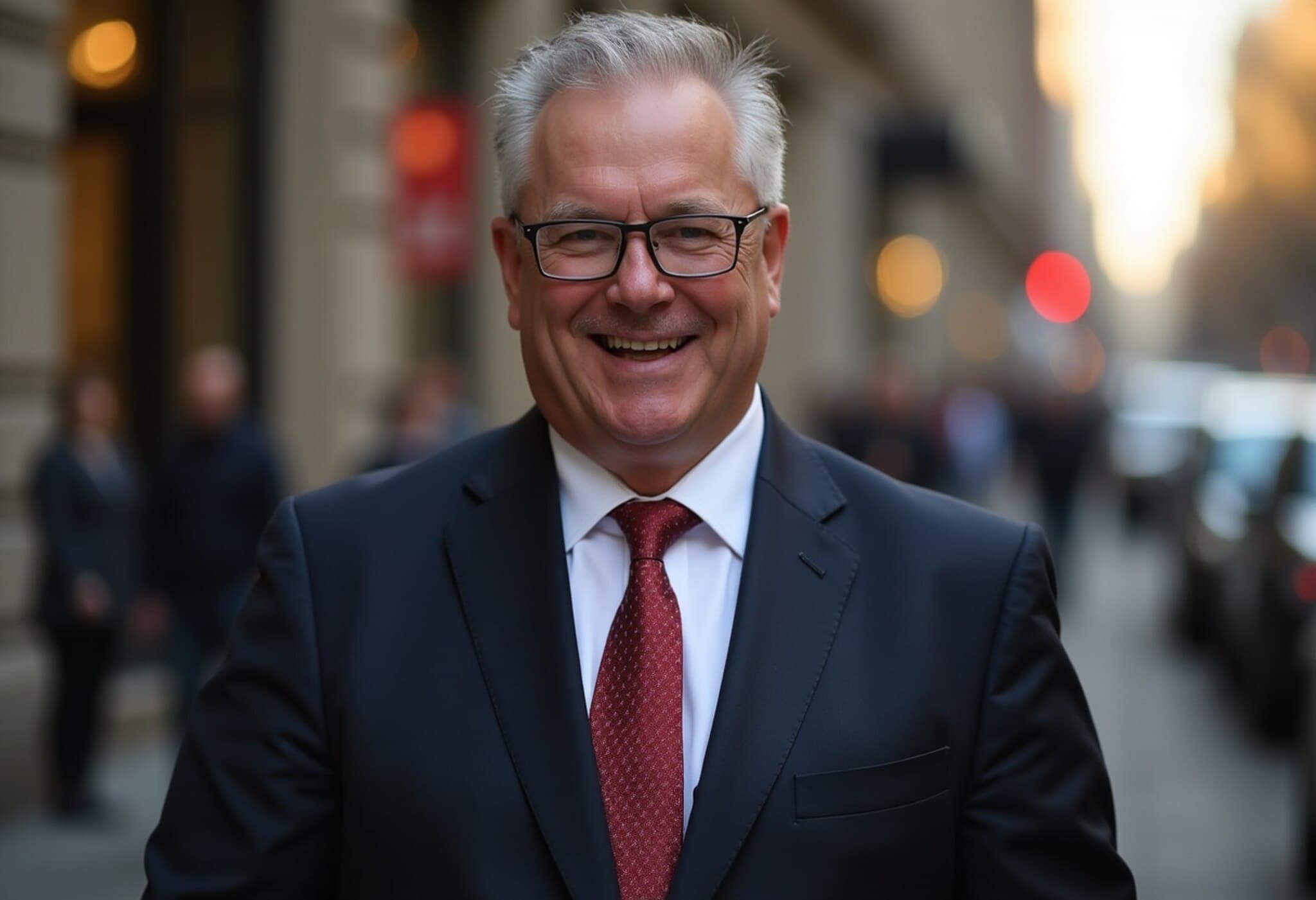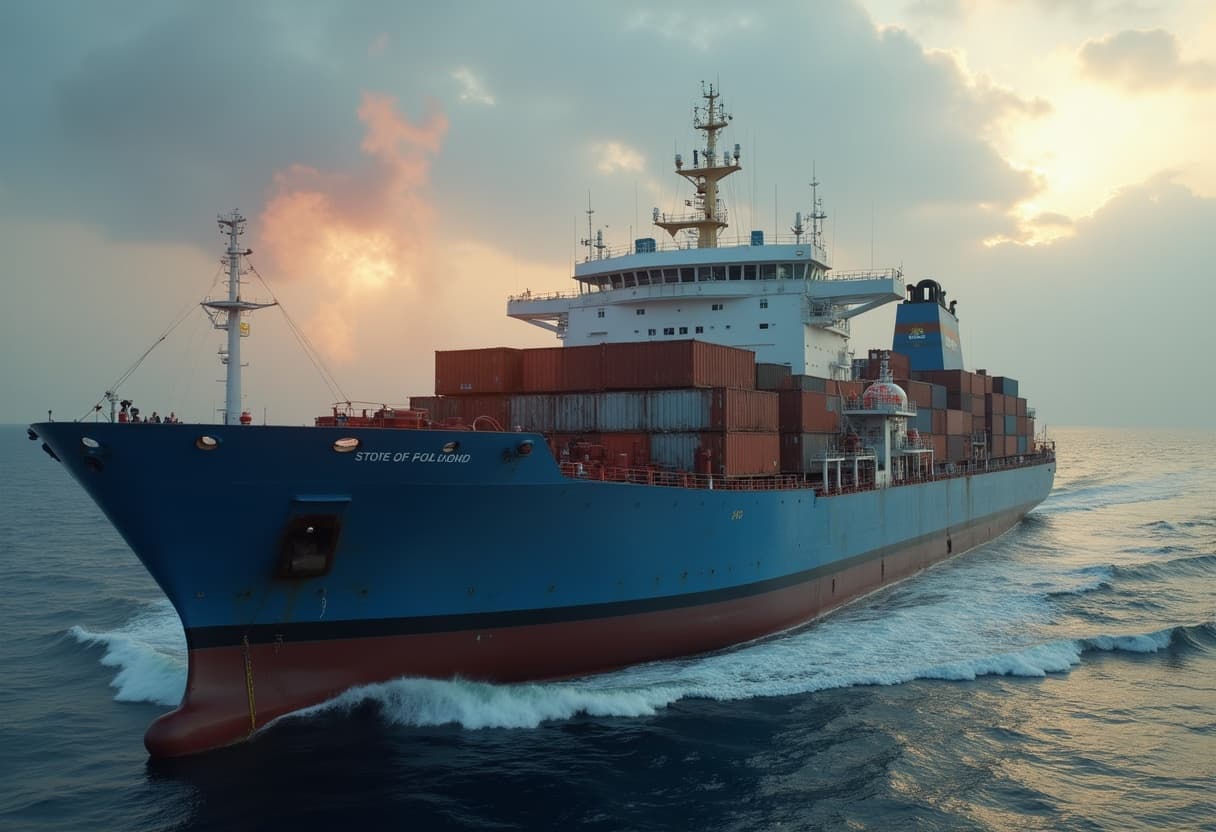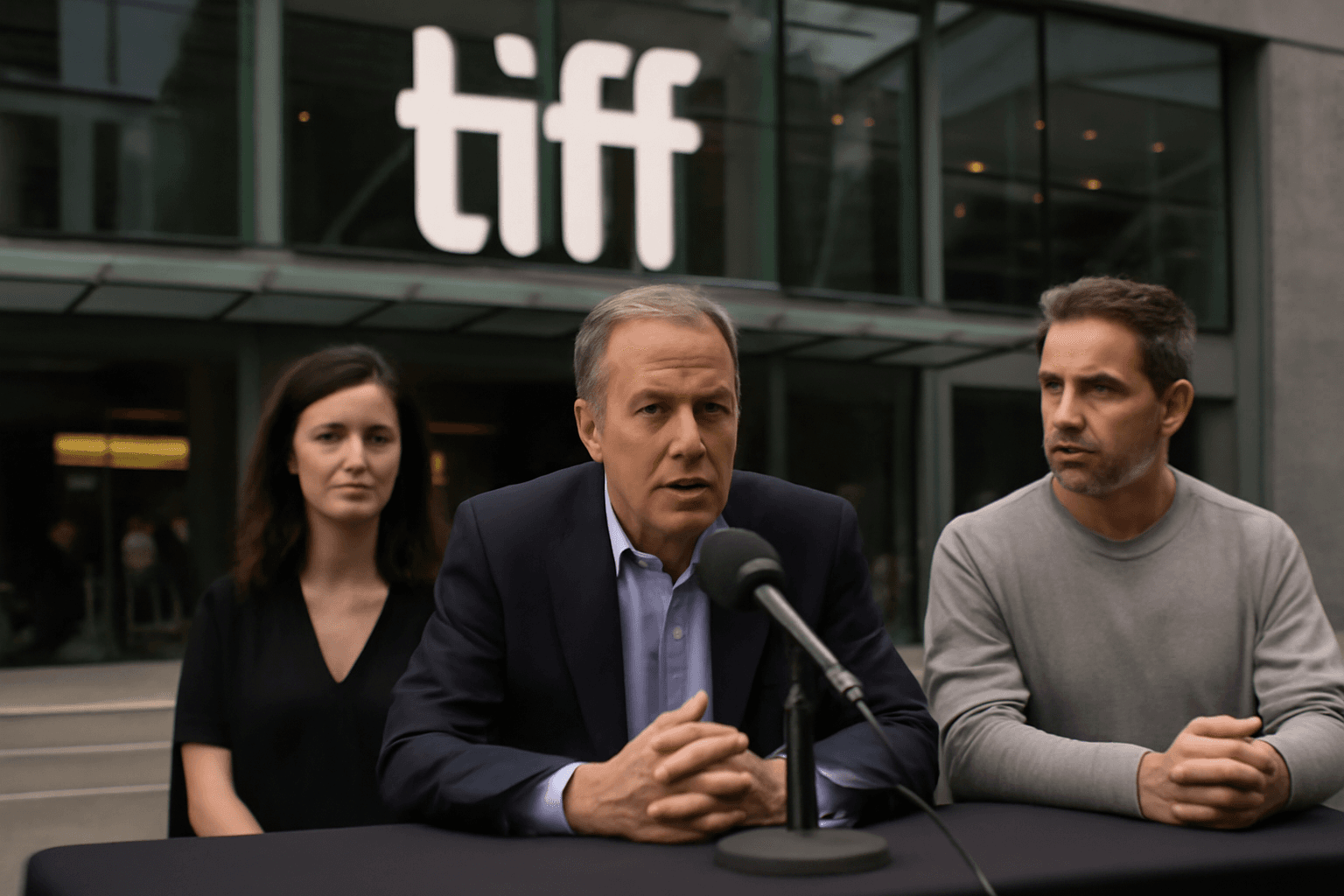US Targets Mexico’s United Cartels with Major Drug Trafficking Charges
In a significant escalation of efforts to combat international drug trafficking, the US Department of Justice has formally charged five senior leaders of the United Cartels (Carteles Unidos) in Mexico, accusing them of masterminding large-scale methamphetamine and fentanyl operations destined for American streets.
A Methamphetamine Powerhouse Under Scrutiny
Operating mainly across Michoacán, Mexico, the United Cartels have been identified by the Justice Department as among the most prolific methamphetamine producers in the region. The cartel’s criminal enterprise is reported to finance its violent operations through drug sale proceeds that purchase weapons, recruit mercenaries, and corrupt local officials to maintain their grip on territory.
The five charged individuals include the cartel’s top leader, Juan Jose Farias Alvarez, known widely by his alias "El Abuelo". Accompanying him on the indictment are Alfonso Fernandez Magallon, Luis Enrique Barragan Chavez, Edgar Orozco Cabadas, and Nicolas Sierra Santana — all senior figures within the United Cartels hierarchy.
State Department Offers $26 Million Reward for Key Arrests
Amplifying US resolve, the Bureau of International Narcotics and Law Enforcement Affairs announced rewards totaling $26 million under its Narcotics Rewards Program. The highest bounty of $10 million is offered for information leading to Farias Alvarez's capture and conviction.
- Other cartel leaders have rewards ranging between $3 million and $5 million.
Through this, the US government aims to dismantle not only the production but the sophisticated trafficking networks involving cocaine sourced from Colombia, alongside methamphetamine and fentanyl shipments crossing into the US via shared routes.
Treasury Department Slaps Sanctions on Two Major Cartels
In tandem with the criminal charges, the US Treasury Department announced targeted sanctions against United Cartels and another violent group, Los Viagras, along with seven affiliated persons. Treasury Secretary Scott Bessent remarked that these sanctions highlight the diverse and insidious methods these organizations use to intertwine violence with legitimate economic activity.
Recent Extraditions Signal Close US-Mexico Cooperation
Earlier in the week, Mexico extradited 26 high-ranking cartel figures to the US, signaling a stronger cooperative front between the two nations in tackling organized crime. Notably, this includes Abigael González Valencia, a leader of Los Cuinis, a group allied with the infamous Jalisco New Generation Cartel (CJNG).
Cartels Designated as Foreign Terrorist Organizations
In a landmark move earlier this year, the US State Department designated several major Mexican cartels — including CJNG, Sinaloa Cartel, Tren de Aragua, MS-13, Cárteles Unidos, and others — as foreign terrorist organizations. This designation elevates these groups from mere criminal entities to grave security threats, facilitating enhanced tools for prosecution, sanctioning, and international collaboration.
Contextual Insight: Why This Matters for US Drug Policy
The United States continues to face a devastating opioid and methamphetamine crisis. Senior US officials emphasize that dismantling the production and distribution chains in Mexico is critical in curbing the influx of these deadly drugs. Given the sophistication and reach of cartels like United Cartels, actions that target leadership alongside financial and logistical infrastructure are necessary.
However, experts warn that such targeted enforcement must be paired with comprehensive strategies addressing demand reduction in the US, community rehabilitation, and smarter border security policies. Without a holistic approach, the power vacuum created when leaders are taken down can sometimes exacerbate violence as factions fight for succession.
Looking Ahead: Challenges Remain
- Cross-border coordination: Sustained cooperation between Mexican and US law enforcement agencies remains vital.
- Financial disruption: Tracking and freezing illicit gains can choke cartel operations.
- Community impact: Addressing cartel influence in local economies and governance is essential to long-term stability.
This latest round of charges and sanctions against United Cartels signals an intensified US commitment to confronting one of the deadliest criminal networks impacting North America.
Editor's Note
The indictment of United Cartels' leaders represents a critical front in the war against narcotics trafficking, but it also raises questions about the sustainability of such enforcement tactics. How can authorities ensure that removing top figures does not inadvertently fuel further violence or lead to fragmented, more dangerous splinter groups? As the US continues to address drug supply chain issues abroad, equal attention must be paid to domestic drug demand and community resilience. This case underscores the complex, interwoven nature of organized crime, policy, and social impact across borders.













